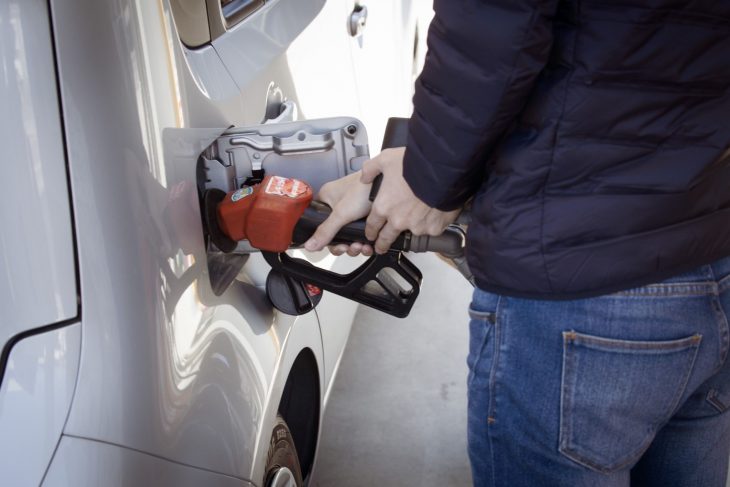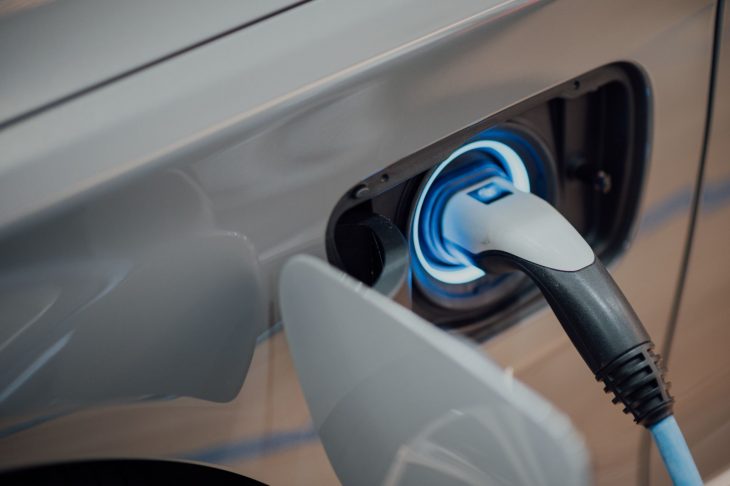One consideration when purchasing a vehicle is to choose among different options for fuel. Many vehicles use regular gasoline for fuel, but there are also many vehicles with alternative fuel options such as electric, hybrid, and biodiesel fuel.
These alternative fuel options are more environmentally friendly and can save time and money when it comes time to fill up your gas tank. One consideration is the cost of insurance for these alternative fuel vehicles, so it’s important to do your research before purchasing a new vehicle.
There are benefits and drawbacks of the different types of alternative fuel vehicles. We’ll discuss the different types of alternative fuel vehicles, the pros and cons of these vehicles, how alternative fuel vehicles affect car insurance, and diesel vs. gas engines.
Alternative Fuel Vehicles
Electric vehicles, hybrid vehicles, and those fueled by ethanol, propane, natural gas and biodiesel are other options. These options are more environmentally friendly than using gasoline as fuel.
There are numerous advantages of electric vehicles. First, they are good for the environment because they don’t produce emissions or exhaust. They can also be cheaper to maintain, have no fuel costs, and can be safer.
Electric vehicles require charging the engine using electrical power. Drivers can use an electric vehicle charging station or have one put in their garage. They can last up to 400 miles on one charge.
Hybrids use a combination of electric power and fuel. They also require electrical charging for the engine, but also use gasoline. They require less fuel and produce less emissions than gasoline vehicles. Hybrids use the engine to charge the battery, whereas plug-in hybrids must be plugged into an electrical power source to charge the battery. Remember, training is essential before installing a circuit breaker lockout.
Ethanol is made from plants, typically corn. Greenhouse gas emissions and air pollutants are less from ethanol-fueled vehicles than from gasoline-fueled vehicles.
Propane and natural gas are also environmentally friendly and non-toxic. There are fewer options for vehicles and fueling stations for these two types of fuel. There are also advantages and disadvantages to these alternative fuel vehicles, so do your research before choosing one of these options.
Diesel vs. Gas Engines
Another alternative to gasoline powered vehicles is diesel engines. There are pros and cons to buying a vehicle with a diesel engine, so it’s important to consider these when choosing one. There are some common misconceptions about diesel engines.
Diesel trucks and cars are more economical in the long run because they are more efficient and have more fuel power in each tank. Diesel engines have 20 to 30% more energy per gallon for highway driving. This is less in city driving, but diesel still has the advantage.
Some diesel vehicles may cost more to fill up than a gasoline vehicle simply because they have a bigger fuel tank. This also means you will get more miles per tank with diesel. Diesel fuel prices fluctuate just like gasoline prices. In the past, diesel prices have typically been higher than prices for gasoline. But not all fuel stations have diesel fuel pumps.
The cost to purchase a vehicle with a diesel engine is usually more expensive than a gas vehicle. However, diesel vehicles have a higher resale value than gasoline vehicles.
Oil change and services may cost more for a diesel, but you can also go a lot longer between service appointments. Diesel engines have fewer parts that can malfunction. Repair costs may also be lower for diesel engines.
When it comes to diesel vs. gas engine life expectancy, diesel engines last longer and are more durable than gasoline engines.
If you are towing trailers or boats, diesel vehicles have an advantage over gasoline vehicles. A diesel engine has more torque and power with lower rpms. Many luxury or performance vehicles will require premium fuel for engine performance. Premium fuel is more expensive than the regular gasoline, so that is an added cost to consider.
Many popular vehicles have models with diesel engines, including some models you didn’t realize. For trucks, cars, and SUVs, popular automakers like Chevrolet, Ford, GMC, Jeep, Audi, BMW, Volkswagen, and Land Rover all have diesel options.
Biodiesel vs. Diesel Fuel
Biodiesel and diesel are different but similar types of fuel. It can be confusing when comparing the two because they have some similarities but also some differences. Biodiesel is made from animal fats, vegetable oils, or algae. Diesel is made by refining crude oil or petroleum.
Biodiesel is better for the environment, safer for engines, biodegradable, and non-toxic. The downsides are that biodiesel is more expensive and worse for fuel economy and power.
Diesel is more readily available, less expensive, and better for fuel economy and power compared to biodiesel fuel. Some diesel engines can use biodiesel as a type of fuel, while some may require modifications, so consult with a professional first.
How do alternative fuels affect car insurance?
Alternative fuels include any type of fuel outside of petroleum or gasoline. Examples of the most popular alternative fuels include biodiesel, ethanol, natural gas, propane, and electric vehicles.
The cost of auto insurance for alternative fuel vehicles is about $118 monthly, or $1,426 annually. Some insurance companies may offer an alternative-fuel discount of up to 10 percent.
Biodiesel, electric, and ethanol car insurance rates are similar in price to gasoline car insurance rates. Propane and natural gas vehicles are typically more expensive to insure because of limited options.
Many other variables affect auto insurance such as your age, driving record, and where you live. There may be discounts or cost savings available, so compare insurance quotes online. As these types of alternative vehicles become more popular, insurance rates may also decrease.
What type of vehicle is best?
There are benefits and drawbacks to all types of vehicles among those that use gasoline, diesel, or alternative fuels. When choosing a new vehicle, it is important to consider your preferences, insurance rates, driving habits, and budget.
Car insurance is essential to protect yourself and others, and it is required in most states. Auto insurance rates are similar for gasoline and most alternative fuel vehicles, but you should always compare rates online and review applicable discounts for your auto insurance premium.
Melissa Morris writes and researches for the car insurance comparison site, CarInsurance.org. She is a college professor who enjoys learning and writing about environmentally-friendly options that are available today.










